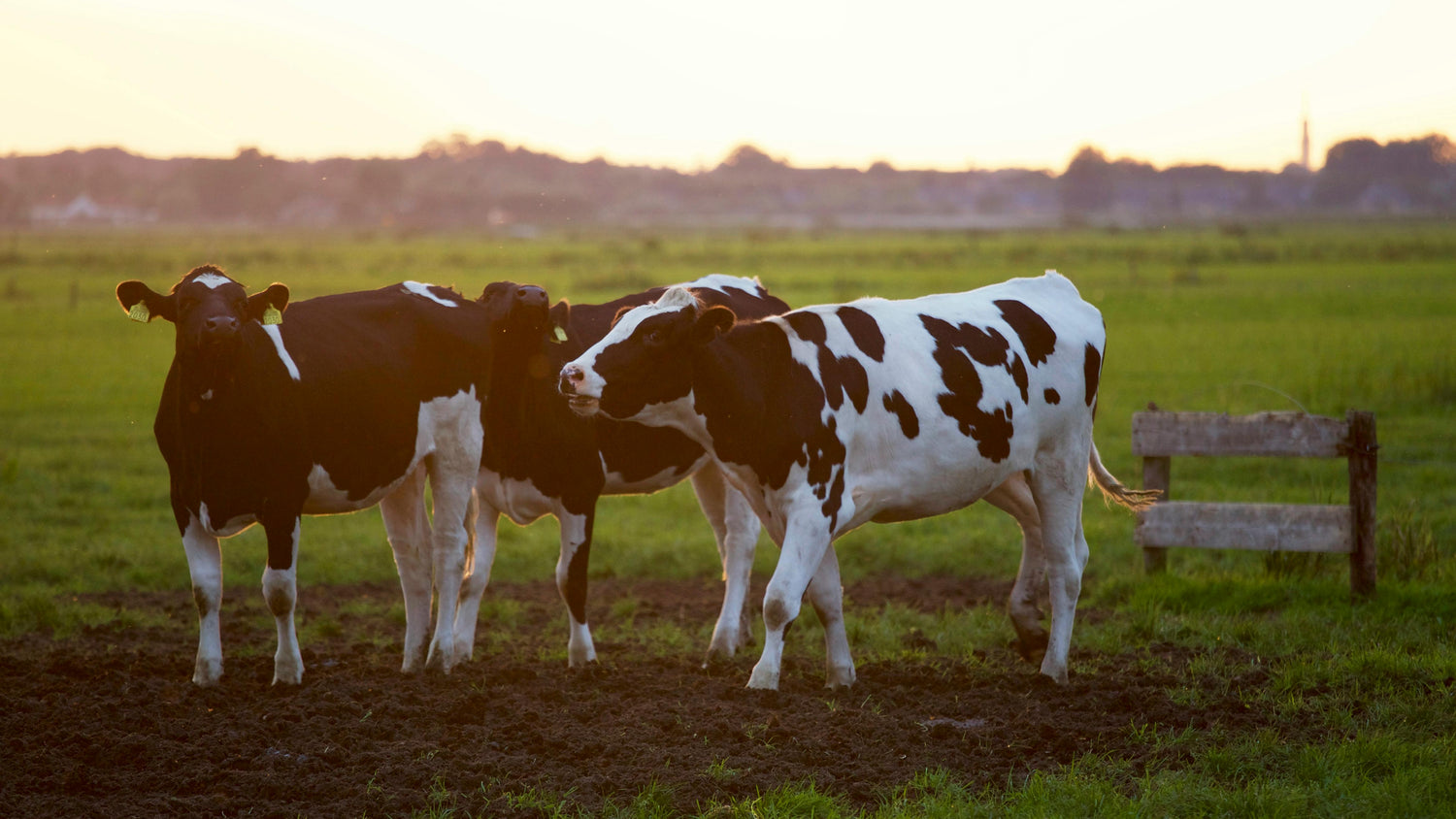
2024 European Baby Formula Comparison Charts
Poppy Eleanor MustamuAt Organic Formula, our goal is to simplify the daunting task of discovering the ideal baby formula. Prioritizing your baby's needs involves dissecting top formulas across key categories, empowering you to make informed decisions.
The meticulously crafted baby formula comparison chart in this blog caters to parents seeking clarity in the vast sea of choices. Say goodbye to confusion and welcome confident parenting decisions!
HOLLE FORMULA
With a legacy of trust and premium ingredients, Holle has been the preferred choice for generations. Organic Formula proudly offers Holle organic infant formula, ensuring your baby receives nothing but the best.


HiPP FORMULA
As one of Europe's leading baby formula manufacturers, HiPP's commitment to biodynamic and organic farming practices ensures babies get the purest, most nutritious products available.


LEBENSWERT FORMULA
Crafted in Germany using milk from pasture-raised cows, Lebenswert formula is pure, natural, and gentle on even the tiniest tummies – just as nature intended.

INGREDIENTS OVERVIEW
Delving into key ingredients, Organic Formula's blog article " Exploring the Components of European Baby Formula " provides detailed information for a deeper understanding.
-
Palm Oil
-
Pre- and Probiotics
These essential components are akin to special treats for the beneficial gut microorganisms, much like probiotics. Interestingly, they are already present in breast milk. Prebiotics, such as Galactooligosaccharides (GOS) or Fructooligosaccharides (FOS), play a crucial role in supporting the growth of probiotics, contributing to a well-balanced infant digestive system. Turning our attention to probiotics, these advantageous bacteria play a significant role in enhancing the infant's immune system and may assist in preventing colic and managing eczema. Identifiable names like Lactobacillus or Bifidobacterium in the ingredient list serve as indicators of their presence.
- Omega-3 and 6
-
Soy
-
Whey
This is a liquid leftover from the process of making cheese. Whey is mostly lactose, providing sugars and energy to the baby, It also contains some protein. Whey should avoid it for babies that are lactose intolerant.
-
Lactose
As the natural sugar in breast milk, lactose stands as a key ingredient in Lactose-focused formulas. It closely mirrors breast milk, providing a gentler impact on blood sugar, facilitating calcium absorption, and supporting the development of strong tummies.
Considering a Lactose-centered formula, often sourced from Europe, could be pivotal in finding the right one. When examining labels, bear in mind that lactose is predominantly found in cow’s milk, sometimes listed as "organic cow’s milk" or "organic skimmed milk."
-
Maltodextrin




